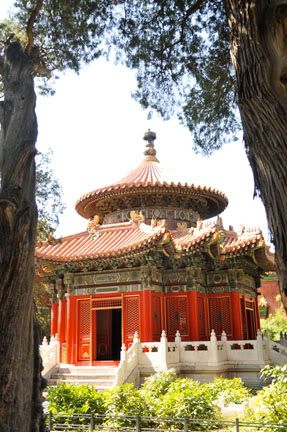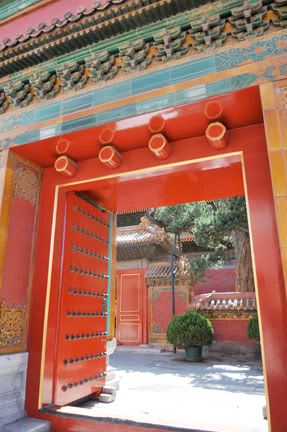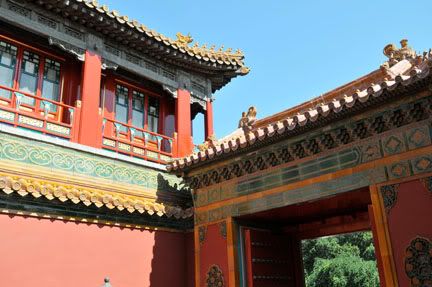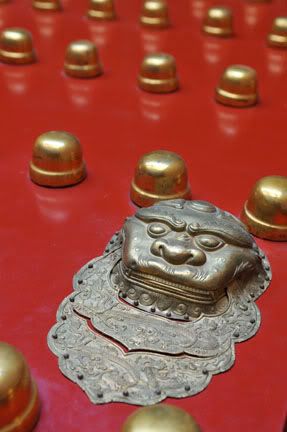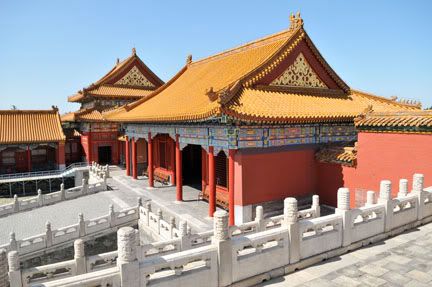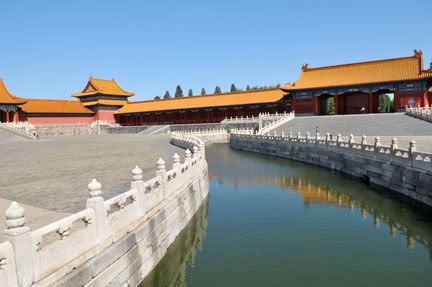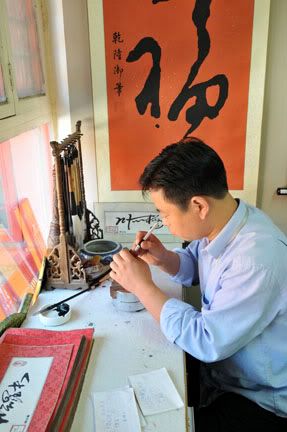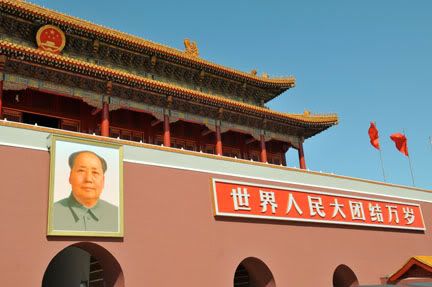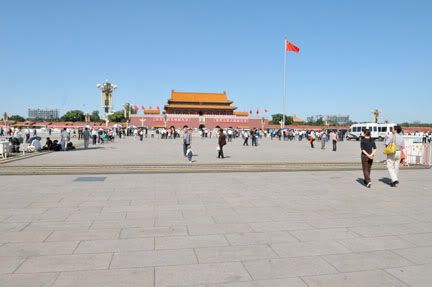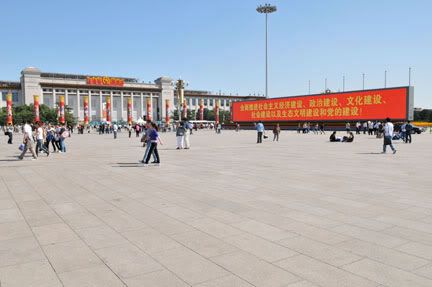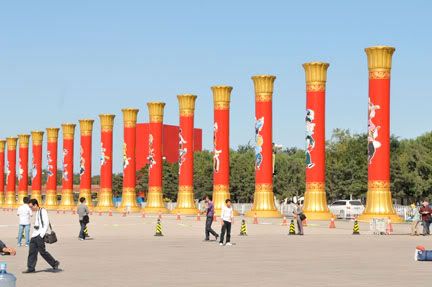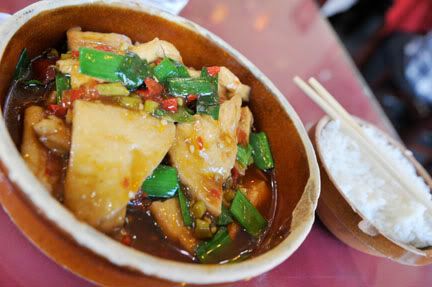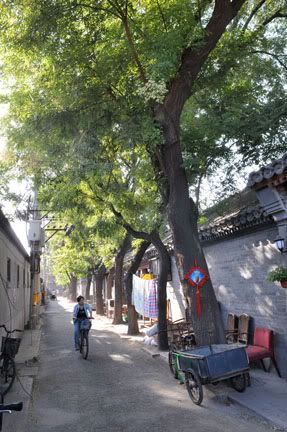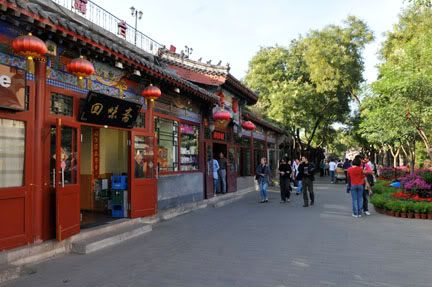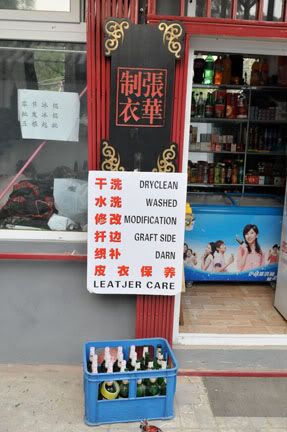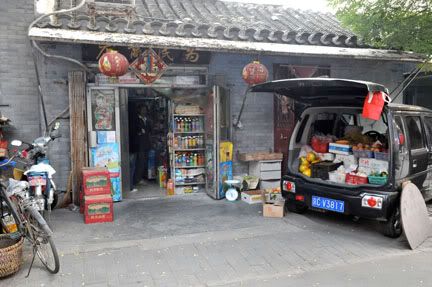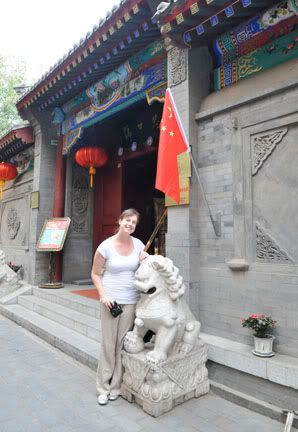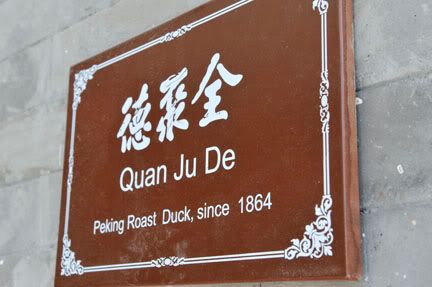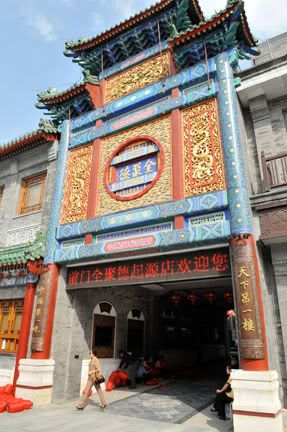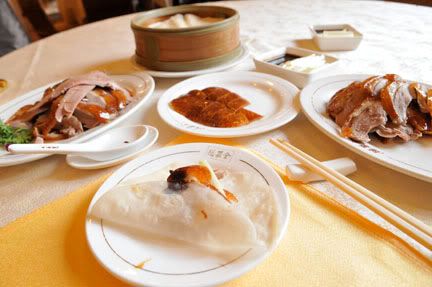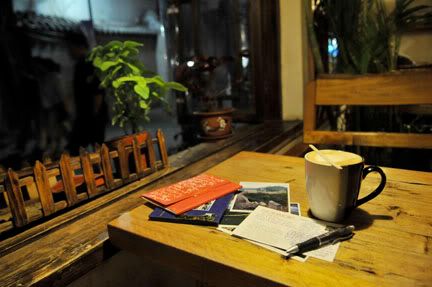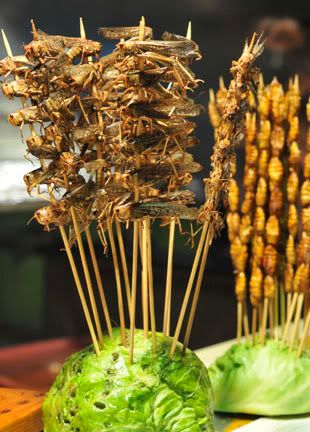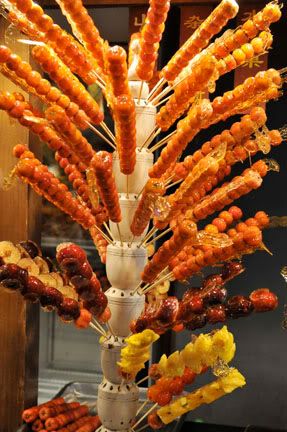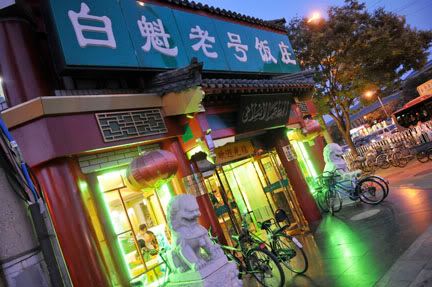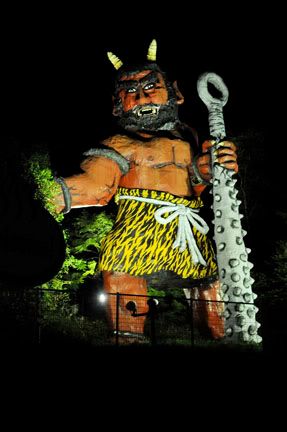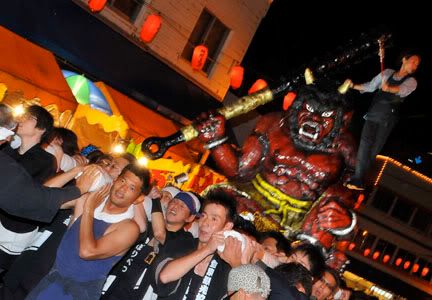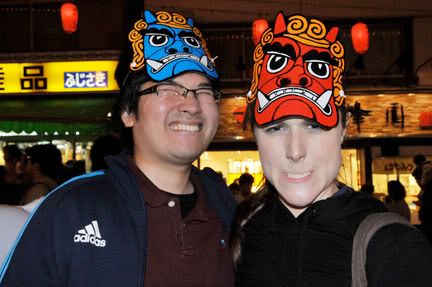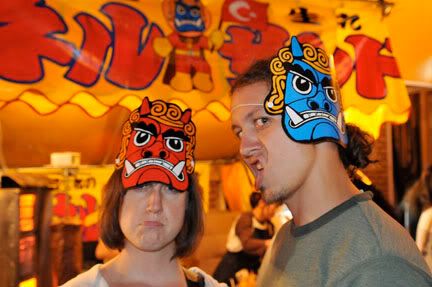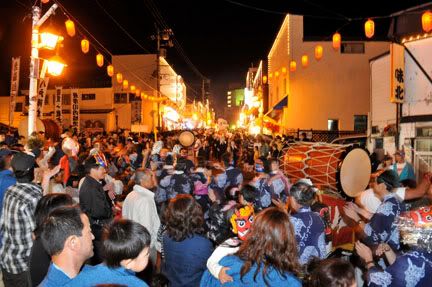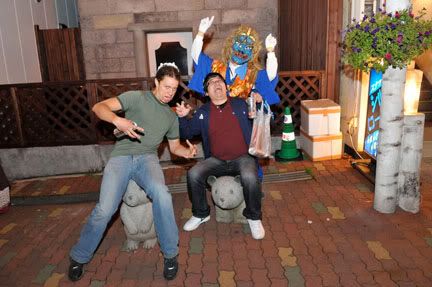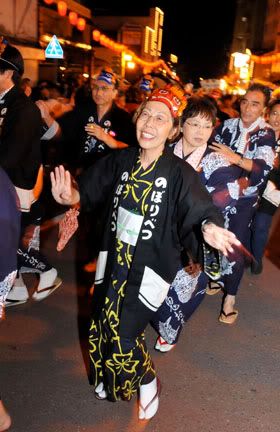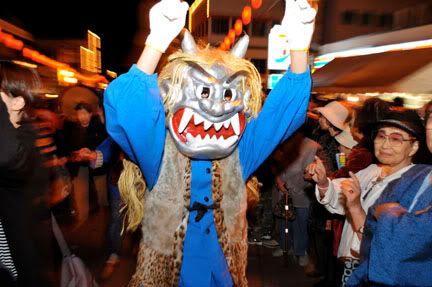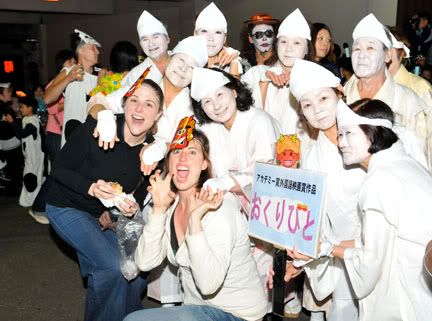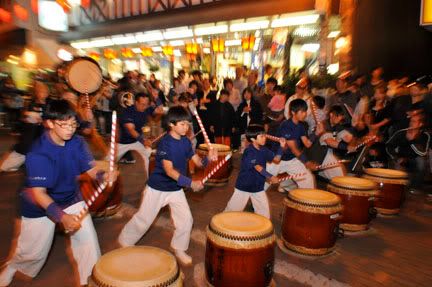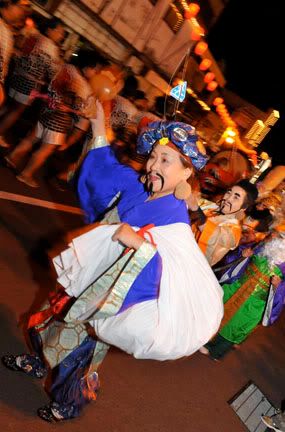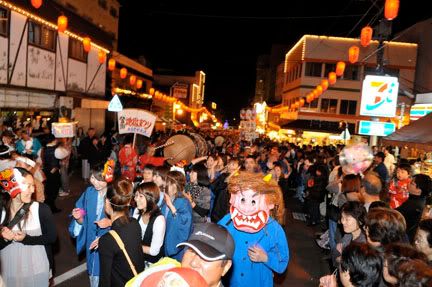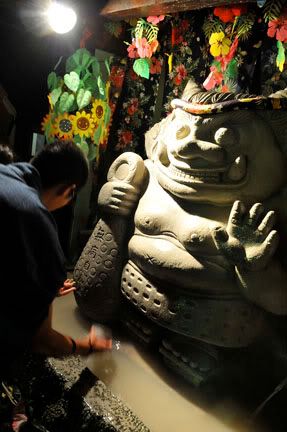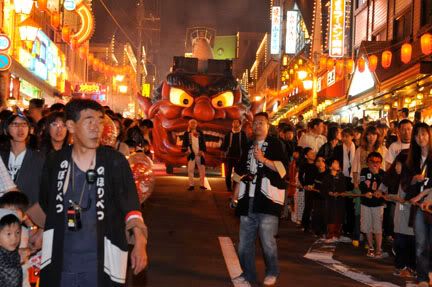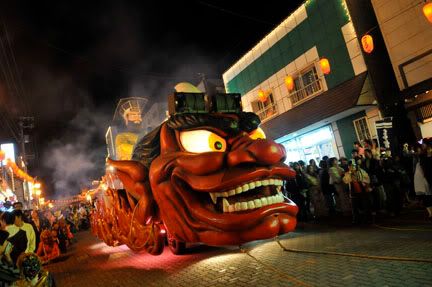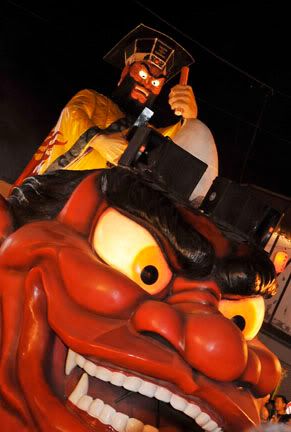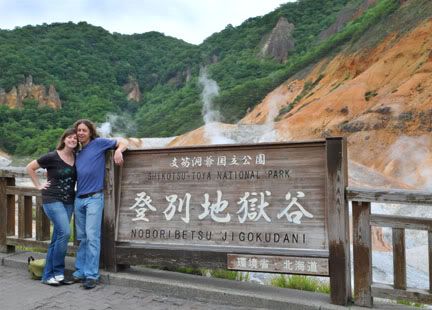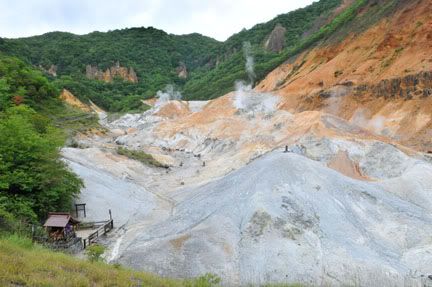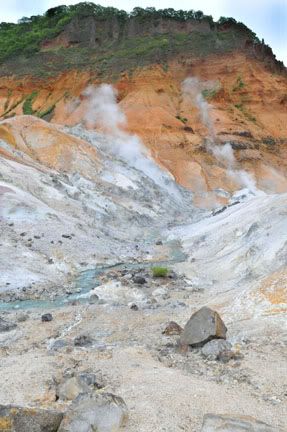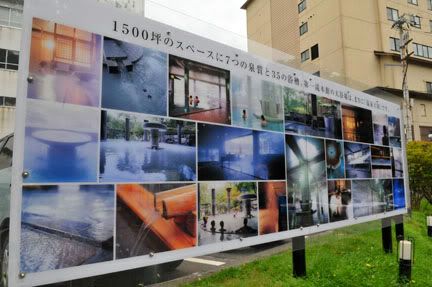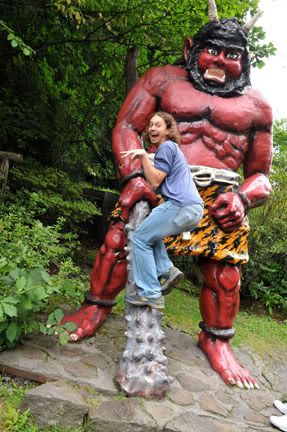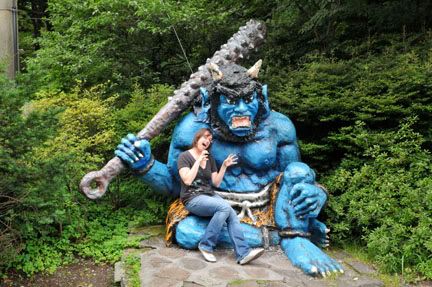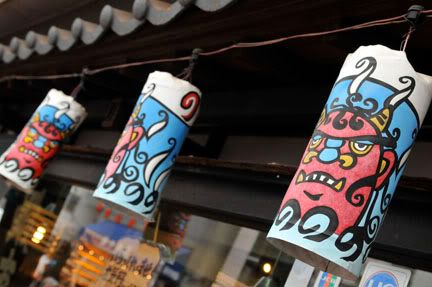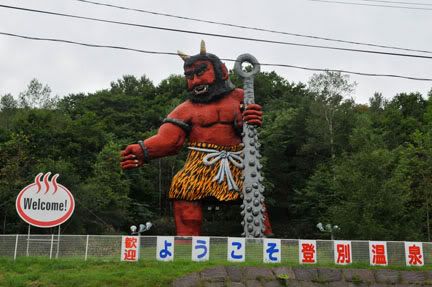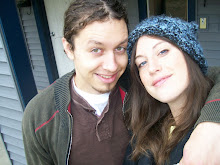Last week, Japan so graciously gave us a string of holidays again (like our beloved Golden Week back in May), prompting me to take a refreshing break to that big, red country to the west of us: China (Jacob, unfortunately, had to work this time)! Behind the curtain of a self-assigned "photography-week," I based my solo-sojourn in the ancient -slash- modern capital city of Beijing:


One of the most amazing clusters of buildings to have survived the historic-purging of Mao Zedong's Cultural Revolution in the 1960s and the 1970s is the massive Forbidden City (so aptly named because, as the Imperial Palace, it was off-limits to commoners for about 500 years!)! I spent the better part of the day wandering its Imperial Gardens, temples, cermonial halls, and some of its over 8,000 rooms housed in 900 buildings!
For the ancient Chinese (and indeed, some folks in China still today) the Forbidden City was literally the center of not only China, but of the world as well:
Having chops (signature stamps carved in stone) made:
The entrance to the Forbidden City is through the Gate of Heavenly Peace, a 15th century structure that was the largest of four gates connecting the city walls (which Mao had torn down in order to make room for the modern ring roads that wrap around Beijing today). Marking the place where, in October 1949, Mao proclaimed the founding of the People's Republic of China, the gate is now graced with a huge portrait of the Great Helmsman, adding a bit more kitchy-ness to his cult of personality status!
To the south of the Gate of Heavenly Peace sits the world's largest public protesting gathering place, Tiananmen Square:
Cheap (about $2.00 for this spicy tofu), hearty, and DELICIOUS...the sheer amount and variety of Chinese food in the motherland is nowhere near what you'll find on the buffet of your local "Far East Chow Chinese " back home:
Perhaps the best (possibly the ONLY) way to see true Beijing and its people is by wandering or biking through some of its historic hutongs, or mazes of little alleyways formed by hundreds of walled courtyard-homes. Some of these hutong neighborhoods are hundreds and hundreds of years old, with generations of families successively occupying a single area. As a predominantly grassroots defiance to the lifestyle that was prevalent in the Forbidden City, the hutongs represent an important cultural aspect to the city. Unfortunately, since the Cultural Revolution's mass efforts to break ties with China's historic past, hundreds of these hutongs have their final dance with the bulldozers every year (especially from the 2008 Olympic-prep):
My sweet hostel, the Peking Downtown Backpackers Accommodation, located in the heart of the hip, trendy, and 800-year old hutong of Nanluoguxiang:
Me and my Holga camera:
Most of the guidebooks you read on Beijing will tell you that NO trip to the city is complete without sampling its most famous culinary wonder, Peking Duck, on its own hometurf. After enjoying some of the fattened, smoked meat carved in front of me (and rolled up in thin pancakes with some spring onions and sweet sauce) I have to concur this fact as well! Expensive, but UH.MAY.ZING! For my experience, I dined at Quanjude Roast Duck Restaurant, a Peking institution with a pedigree dating back to 1864:
Relaxing nights in my hutong neighborhood: postcards, latte, and open windows to the bustling street outside:
Can't get your fill back home of fried grasshoppers, beetles, scorpions, starfish, centipedes, sea-horses, and lizards on a stick? Then head to Donghuamen Night Market for a culinary fiesta in your mouth! It's one of Beijing's most notorious markets, and a good way to spend an interesting evening (just make sure to bring floss):


